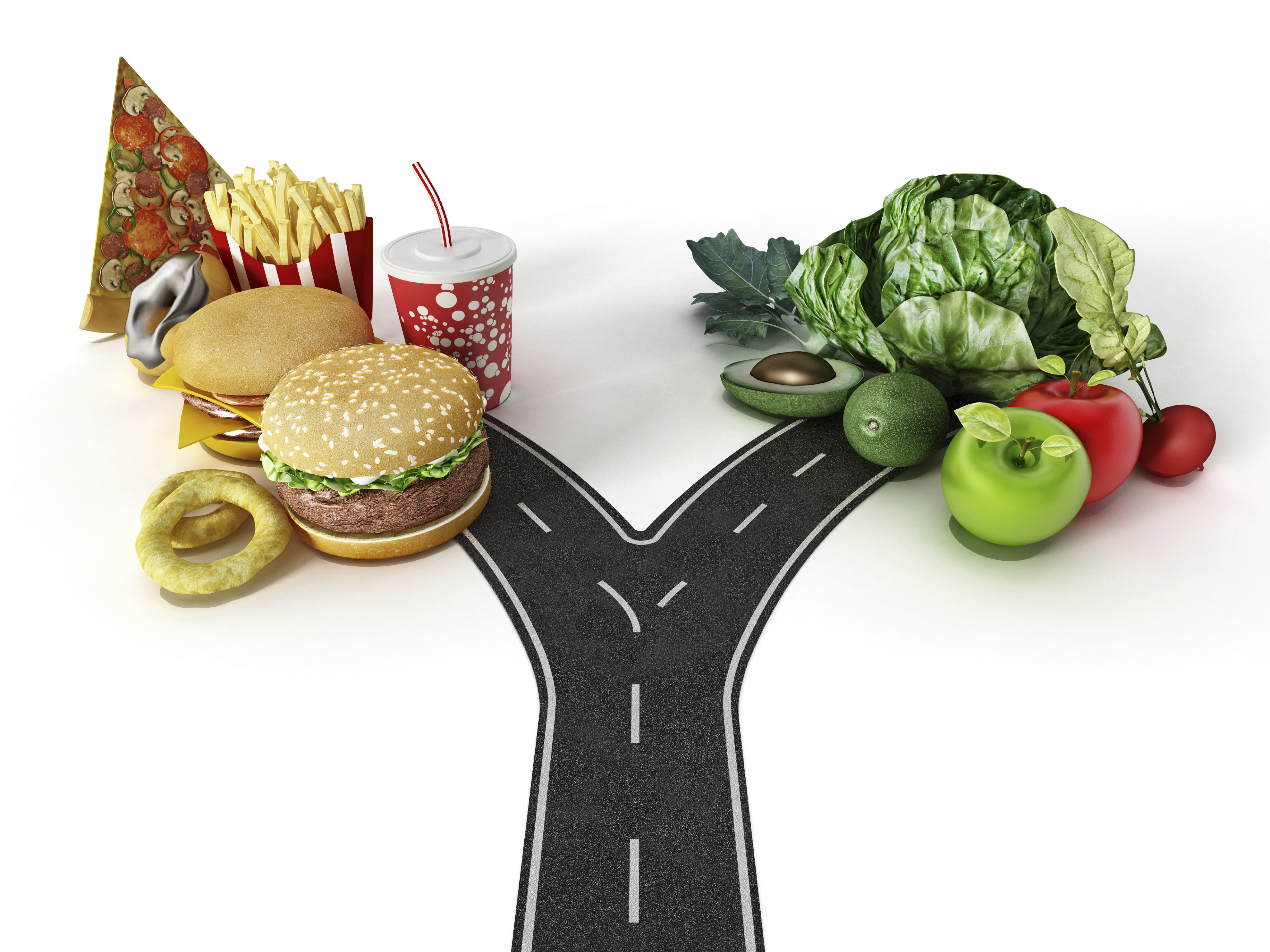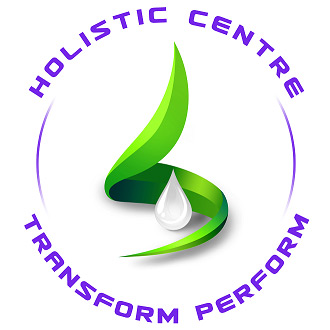
Is Salt Bad For You?
IS SALT BAD FOR YOU?
Have you ever heard that salt puts up our blood pressure which is a major factor when it comes to stroke, heart failure, and heart attack?
Have you read that salt also puts you at risk of being overweight or obese?
Unfortunately none of the authors describing the above explains what salt was.
Here is a simple chart that shows the differences between Table Salt and Sea Salt.
Table Salt Sea Salt
Processing method Land-mind Evaporated Sea Water
Sodium Chloride content 97.5 – 99% 78%
Over 80 Trace Minerals NO YES
Additives: YES NONE
Potassium Iodide (KI) YES NONE
Dextrose (prevents KI oxidation) YES NONE
Sodium Bicarbonate (prevents color change) YES NONE
Na Si Aluminate (prevents clumping) YES NONE
Health Promoting NO YES
Health Degrading YES NO
Land mind salt from Utah, for example, contains 98% sodium chloride and the remaining 2% is composed of iron, calcium and smaller amounts of aluminum and strontium. Sodium chloride table salt is highly concentrated, denatured, and toxic to you.
Natural Sea Salt is far superior to chemically-treated iodized table salts.
Celtic Sea Salt, for example, offers over 80 trace minerals when consumed.
Celtic Sea Salt is a mineral-rich natural salt hand-harvested by salt farmers in Brittany, France.
Sea water contains natural trace minerals such as ionized sodium, magnesium, calcium, potassium, and selenium, plus trace elements such as copper, iron, zinc, manganese, and chromium. The human body uses these minerals and trace elements to create electrolytes, and maintain bodily fluids.
I put a few crystals in my water when I drink filtered water with lower ppm (“parts per million” or quantity of dissoluble minerals or “mg/L”) than 330.
BENEFITS OF SALT
(Quoting “How to eat, move and be healthy” by Paul CHEK)
1. Salt is vital to the extraction of excess acidity from the cells of the body, particularly the brain cells.
2. Salt aids in balancing the blood sugar levels.
3. Salt is needed for the absorption of food particles through the intestinal tract.
4. Salt clears the lungs of mucus plugs and sticky phlegm, particularly in those suffering from asthma and cystic fibrosis.
5. Salt is a strong, natural antihistamine.
6. Salt can aid in the prevention of muscle cramps.
7. Salt is needed in order to make the structure of the bones firm.
For more information on your salt intake call 778 779 1203 or e-mail at transformperform@gmail.com

